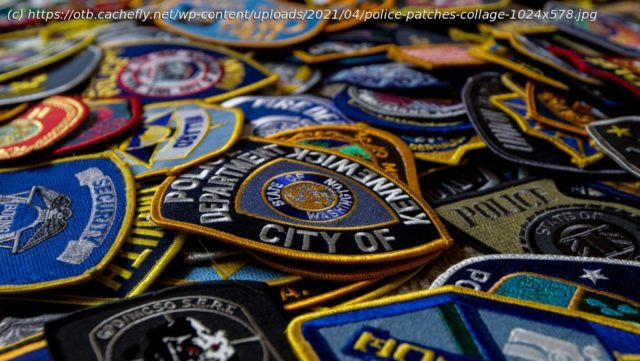Officers are under enormous pressure–including from the Federal government–to write tickets.
Mike McIntire and Michael H. Keller have an interesting feature in the New York Times titled “ The Demand for Money Behind Many Police Traffic Stops.” While much of this is old news, they put it together in a way that shines a light on some overlapping problems. After the requisite anecdote, they report, A hidden scaffolding of financial incentives underpins the policing of motorists in the United States, encouraging some communities to essentially repurpose armed officers as revenue agents searching for infractions largely unrelated to public safety. As a result, driving is one of the most common daily routines during which people have been shot, Tased, beaten or arrested after minor offenses. Some of those encounters — like those with Sandra Bland, Walter Scott and Philando Castile — are now notorious and contributed to a national upheaval over race and policing. The New York Times has identified more than 400 others from the past five years in which officers killed unarmed civilians who had not been under pursuit for violent crimes. It was often noted during the height of last year’s Black Lives Matter protests that Blacks were no more likely than Whites to be killed by police on a per-incident basis. The problem is that, for a variety of reasons, Blacks were much more likely to have encounters with police. And this system is among those reasons. Fueling the culture of traffic stops is the federal government, which issues over $600 million a year in highway safety grants that subsidize ticket writing. Although federal officials say they do not impose quotas, at least 20 states have evaluated police performance on the number of traffic stops per hour, which critics say contributes to overpolicing and erosion of public trust, particularly among members of certain racial groups. Many municipalities across the country rely heavily on ticket revenue and court fees to pay for government services, and some maintain outsize police departments to help generate that money, according to a review of hundreds of municipal audit reports, town budgets, court files and state highway records. That police enforcement of traffic laws is a major revenue source is not new news. But the degree to which this is increasingly relied upon—and to which is funds policing itself—is less well known. This is, for the most part, not a big-city phenomenon. While Chicago stands out as a large city with a history of collecting millions from motorists, the towns that depend most on such revenue have fewer than 30,000 people. Over 730 municipalities rely on fines and fees for at least 10 percent of their revenue, enough to pay for an entire police force in some small communities, an analysis of census data shows. A majority are in the South and Midwest, though clusters also appear outside New York City and Washington.






